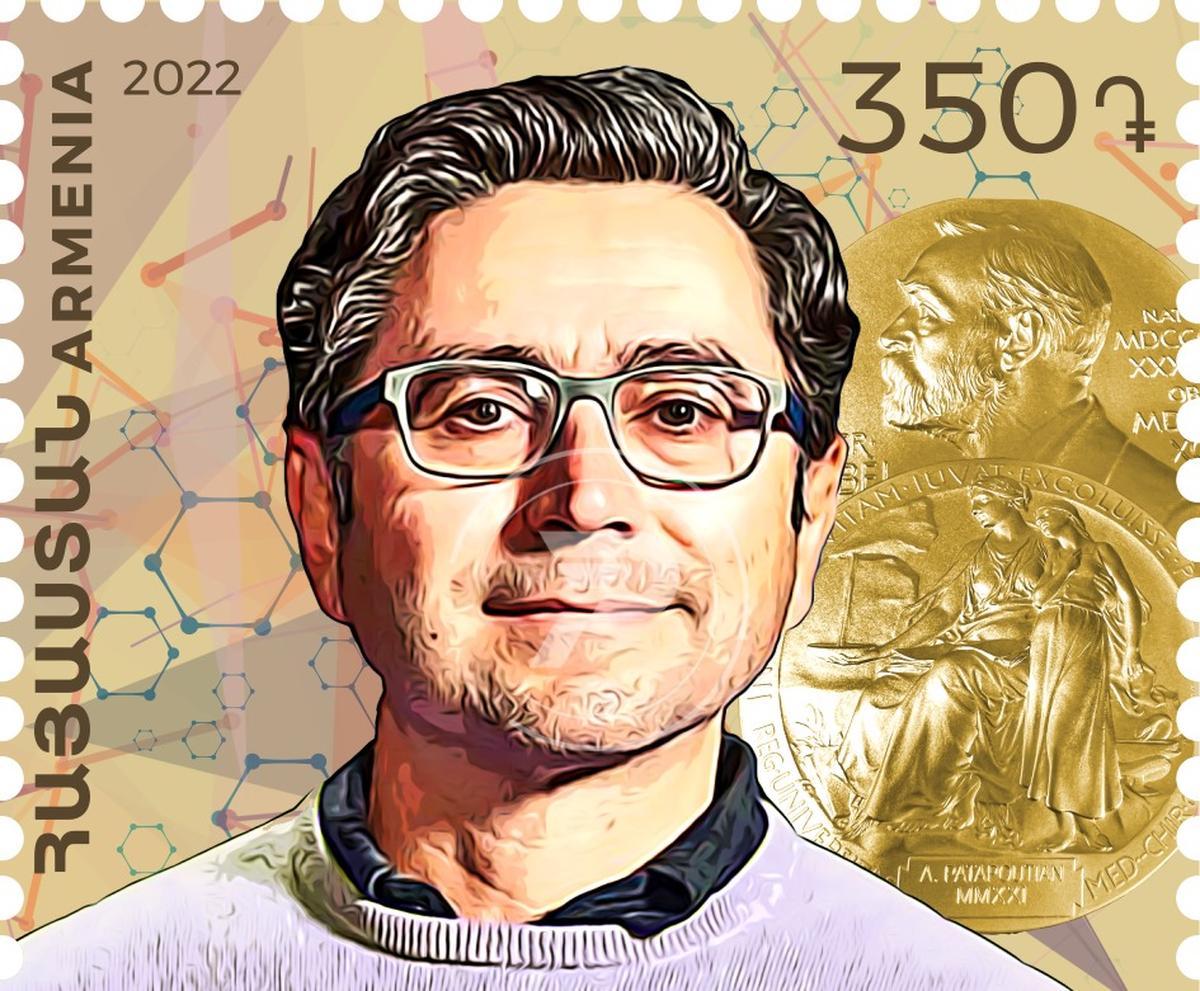[ad_1]
Question,
1. Eating chillies activates a specific receptor called TRPV1 in the mucosal membrane of the digestive system, which makes us feel the spice. What other triggers does the TRPV1 molecule respond to?
2. We often sweat when we eat spicy food. Which part of the brain is activated by the body to cool itself down, among other actions by activating sweat glands?
3. Water cannot provide immediate relief from the burning sensation caused by eating spicy food. This is because water and TRPV1 molecules ______ each other. Fill in the blanks.
4. Due to a mutation in the gene that makes the TRPV1 receptor, ____ ______ are the only mammals other than humans that can tolerate high levels of capsaicin, the active compound in chili peppers that gives rise to a burning sensation when it comes into contact with tissue. They are believed to have acquired this mutation from eating naturally occurring spicy foods in their habitat. Fill in the blanks.
5. Which American pharmacist devised the first scale to measure the pungency of peppers in 1912? This scale does so based on the concentration of capsaicinoids in a given substance.
picture:

Name this Nobel laureate who helped understand how birds can eat chillies comfortably while mammals cannot, even though both have TRPV1 receptors. He also elucidated the genes responsible for the sense of touch.
answer,
Heat
Hypothalamus
Retreat
tree shrew
wilbur scoville
View: Ardem Patapoutian
[ad_2]
Source link